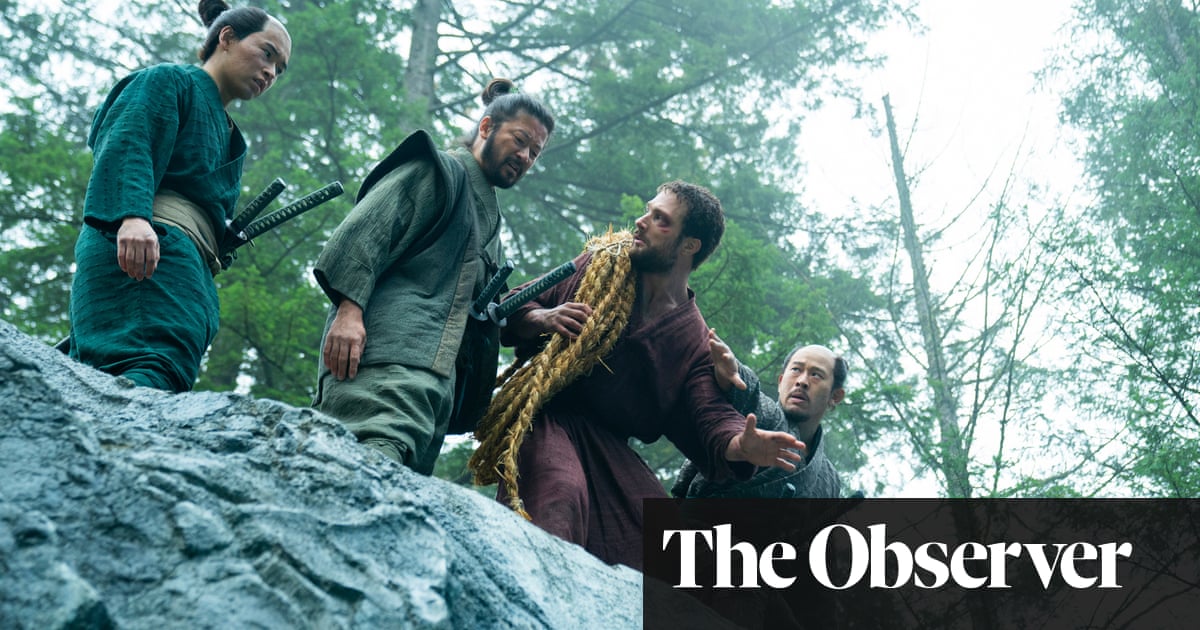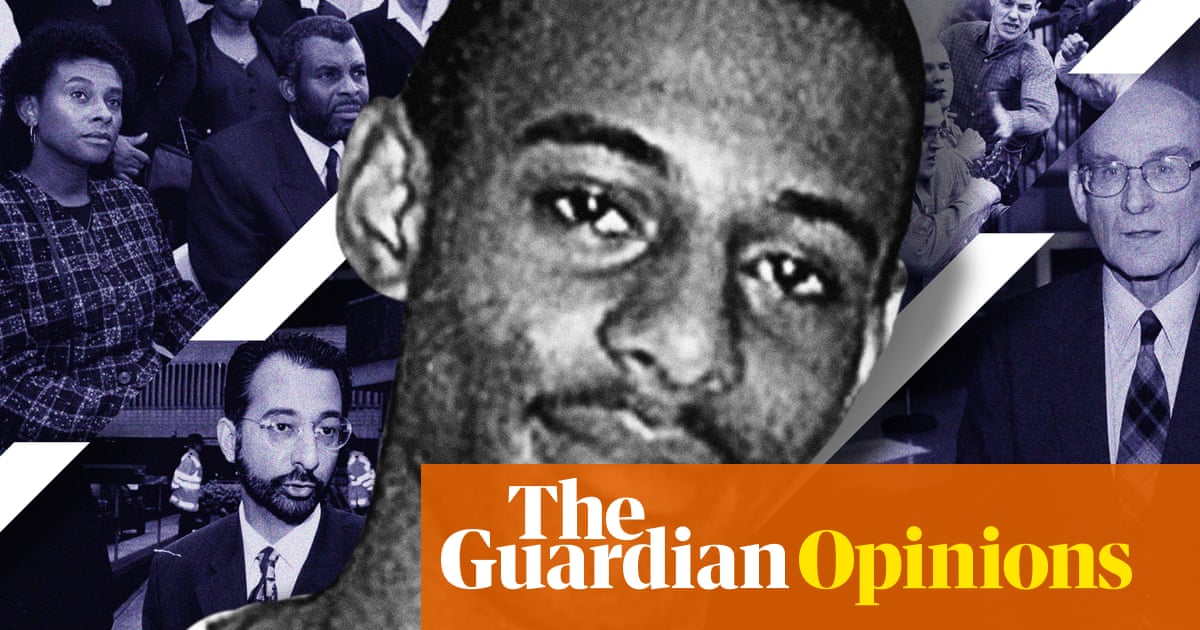
few weeks ago, I found myself comparing BBC Two’s Industry to a show that came before it. Not Succession. Or This Life (actually, I compared it to that, too). Instead, I compared it to Our Friends in the North.
Our Friends in the North has just turned 25. And, in places, it shows. The look of it – especially the wigs and the old-age makeup – is even more distracting than it was the first time around. Looking at the cast from the distance of a quarter of a century is similarly odd. Many of them have become global superstars in the intervening years, and taken on fixed celebrity personas, that at times it feels as if the only sensible way to watch Our Friends in the North is through a baby monitor.
And yet it holds up. Boy, does it hold up: as drama, as a piece of commentary, as a time capsule, as a showcase for young talent. Incredibly expensive at the time – it cost the BBC £8m – the series manages to walk the line between the personal and the historical in ways that still impresses. On paper, it is a decades-long meditation on the fall of the Labour movement, but what drags you through is your affection for the characters. Nicky (Christopher Eccleston), who unhappily tries on several ill-fitting political identities. Geordie (Daniel Craig), who burns brightly before disintegrating completely. Tosker (Mark Strong), who consistently falls for capitalism’s worst impulses. Mary (Gina McKee), perhaps the one truly decent person in the whole series, who spends 30 years being lumped on by the men in her life.
These are rich, beautifully drawn characters. Almost without exception, they can tug on your heartstrings and then repulse you within the space of a couple of scenes. Compare this with The Crown – which, in its less inspired moments, feels like a whistle-stop tour of old headlines – and the quality of the writing is immediately apparent.
The show’s creator, Peter Flannery, once described Our Friends in the North as “a very, very posh soap opera”. While the comparison holds up – there are plenty of affairs, violence and disbelief-pushing narrative coincidences to be found here – its beauty lies in its ability to elevate the mundane. This is, after all, a series about relatively normal people being flung about by the cultural and social upheavals of normal life. However, the point of view rarely dips below epic.
This is thanks to Flannery’s Shakespearean bent. He wrote Our Friends in the North as a stage play in the early 80s, while he was a writer-in-residence at the Royal Shakespeare Company. He wanted to create a modern version of the Henriad, perhaps better known today as The Hollow Crown. The first half of the series revolves around Austin Donohue (Alun Armstrong), a flashy local politician undone by corruption. Flannery lifted the story from the life of the former leader of Newcastle city council, T Dan Smith. When Flannery contacted him to inform him of his plans, Smith replied: “There is a play here of Shakespearean proportions.”
An unkind viewer might still be able to find flaws. Individual scenes – such as the one in which Mary and Tosker’s teenage son has a punk-rock freakout and ends up beating up a flower patch – feel like they have been beamed in from a Naked Gun-style parody. And, at times, watching a show about how bad things were in the last third of the 20th-century from the perspective of 2021 make you want to shout at the characters about how good they have it. (That is probably the case with most period dramas that aren’t set during the Black Death.)
But the casting is beautiful. Watching it back, I was struck by how inevitable the stardom of its leads feels. Of course Christopher Eccleston was going to land the title role in Doctor Who. Of course Daniel Craig was going to be James Bond. Of course Mark Strong was going to make a career out of playing villains. The show’s ability to make stars was baked into its DNA.
And now, whenever an ensemble of brazenly talented newcomers is given room to shine, that show in question will be compared to Our Friends in the North. Maybe, 25 years from now, the stars of Industry will rule the world. Not that Industry is as good as Our Friends in the North. It is nothing like as good. But what is?












